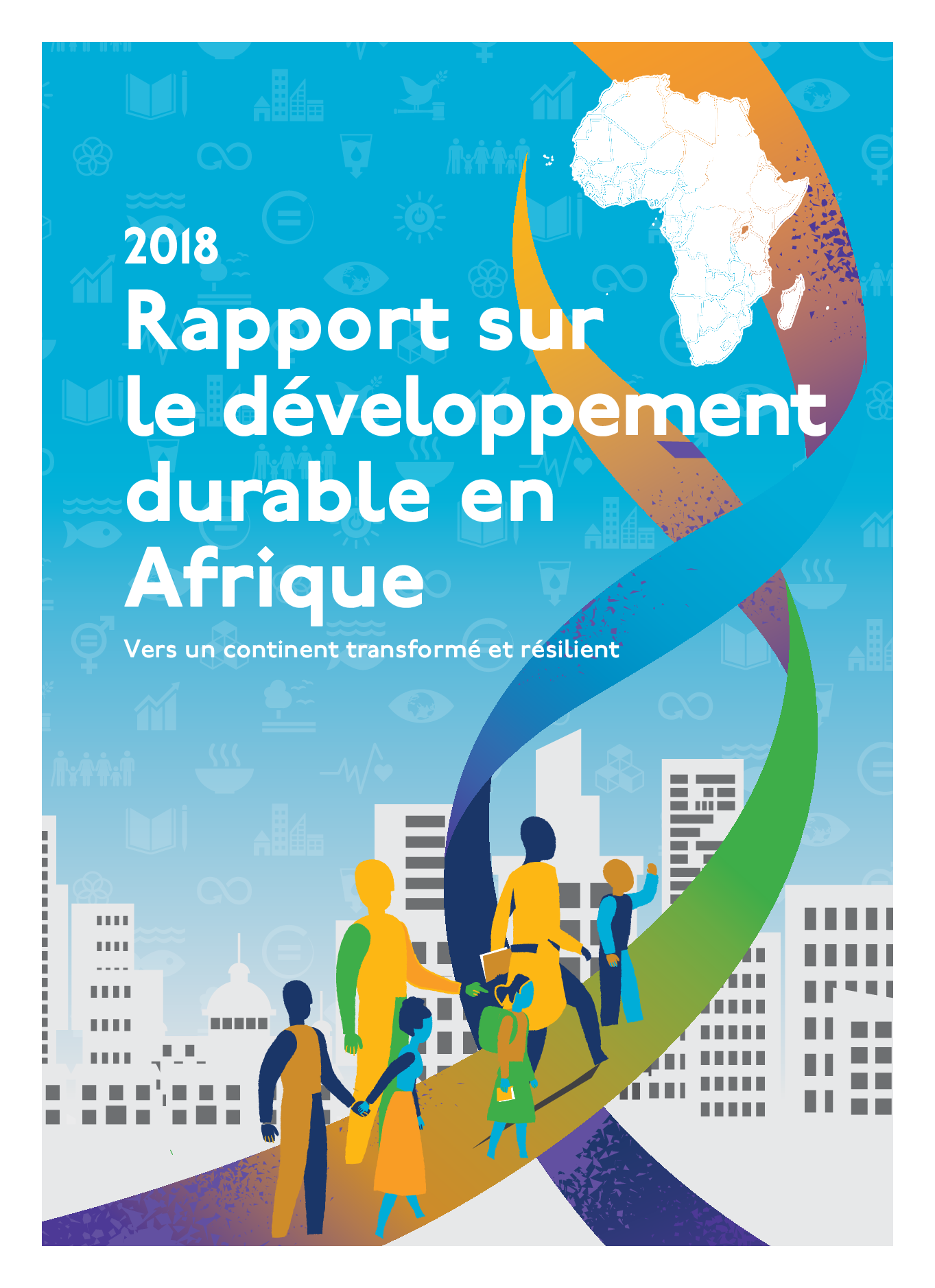Better land use, better future for all: partnering with civil society to enhance sustainable land management in Sub-Saharan Africa
Land degradation is a serious problem in Sub-Saharan Africa, where up to two-thirds of the productive land area is reported to be degraded to some extent. Local communities suffer the most from the degradation of their land and they are therefore fundamental to the widespread adoption of sustainable land management (SLM) techniques.




